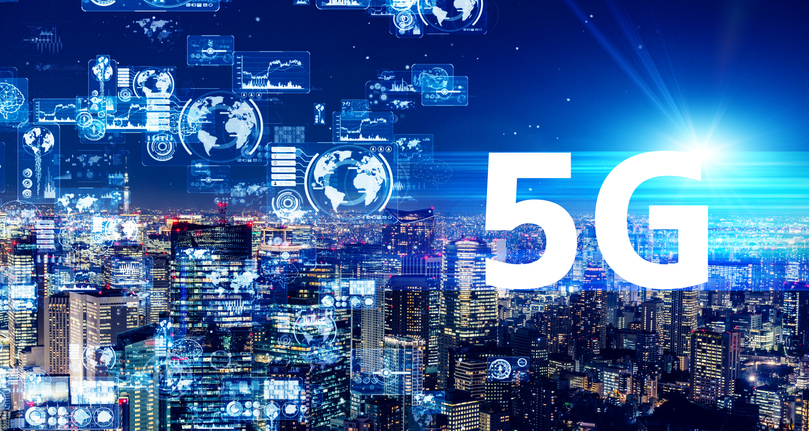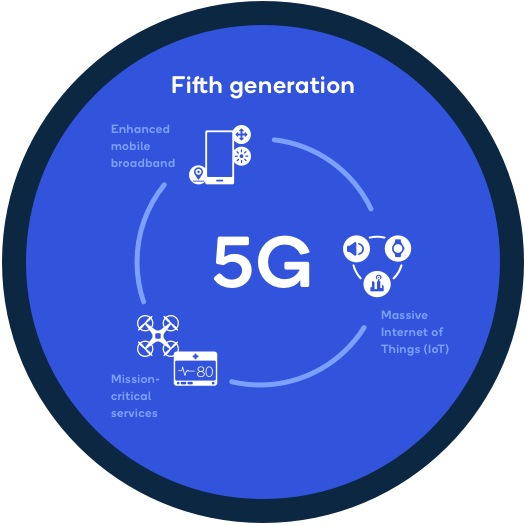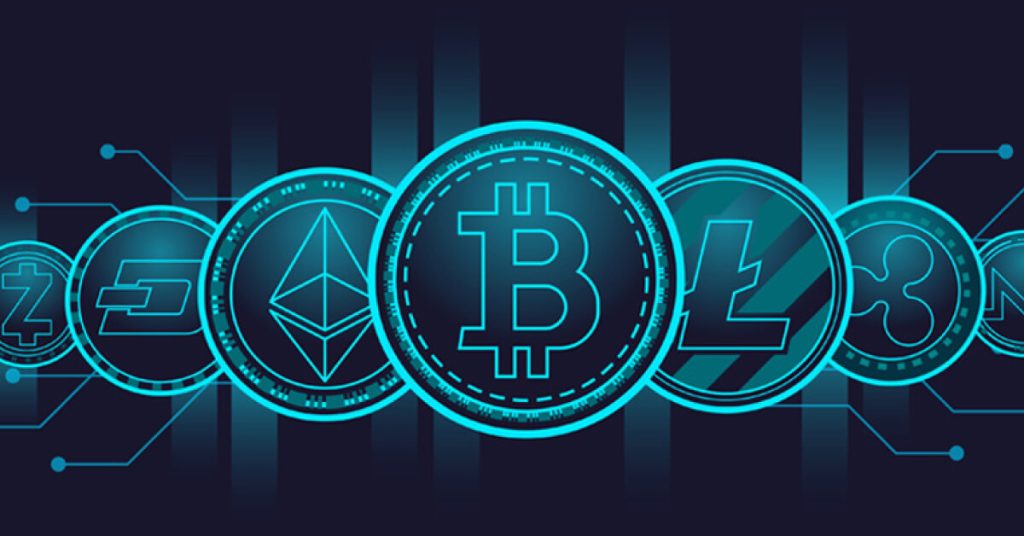
As a revolutionary new currency in recent years, cryptocurrencies have quickly grown in acceptance. These digital currencies, like Bitcoin and Ethereum, can radically alter how we think about money and conduct financial transactions. In this blog article, we’ll look at how cryptocurrencies might affect the global economy and the direction of future trade.
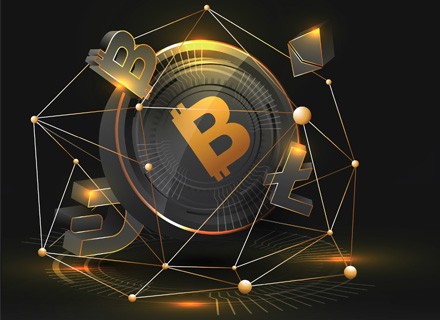
Decentralizing the financial system is one of cryptocurrency’s most important potential effects. Governments and central banks, who can manage money supply and value, are in charge of traditional currencies. On the other hand, cryptocurrency runs on a decentralized network, meaning it is not governed by any one organization. This might result in a financial system that is more fair and stable, with fewer opportunities for fraud and corruption.
Cryptocurrency has the ability to speed up, reduce costs, and increase the security of financial transactions. In traditional transactions, the verification and processing of transactions are frequently handled by middlemen like banks. Delays and expensive transaction fees may result from this. Transactions can be validated and completed using bitcoin on a decentralized network, which makes them more efficient and affordable. Transactions involving cryptocurrencies are additionally protected by cutting-edge encryption technology, which makes them more secure than conventional transactions.
The democratization of finance is another potential effect of cryptocurrencies. Certain demographic groups are frequently left out of established financial institutions, such as those without access to regular banking systems. Contrarily, anyone with an internet connection can utilize cryptocurrency, making it available to a wider audience. This might result in a more egalitarian economy and more financial inclusion.
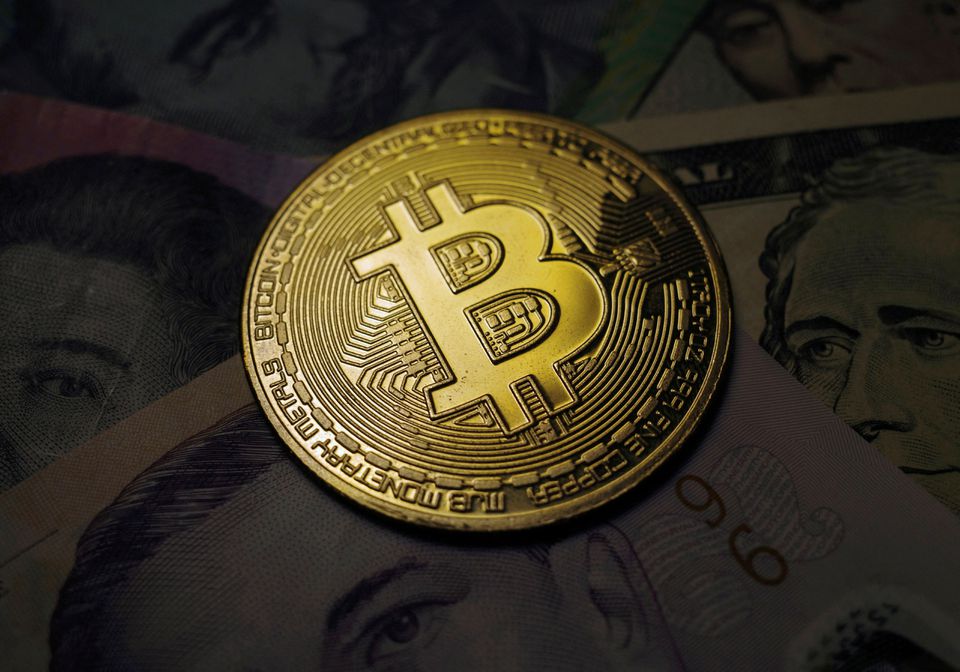
Additionally, cryptocurrency has the power to alter the way we see property ownership and assets. Traditional forms of ownership, like stocks and real estate, are frequently governed by laws and can be challenging to transfer. On the other hand, cryptocurrency is simple to transfer and is not governed by any authorities. This might result in a more nimble and effective asset market.
Although there may be advantages, there are also risks related to cryptocurrencies. The absence of regulations, which can result in fraud and unlawful activity, is one of the major concerns. Additionally, bitcoin is a dangerous investment due to its potential for great volatility in value.
Let’s sum up by saying that cryptocurrencies have the power to alter the way we perceive money and the financial system. A few potential effects of this ground-breaking technology include decentralization, quicker and more affordable transactions, increased financial inclusion, and a more fluid market for assets. But it’s crucial to be aware of the dangers and use caution while dealing with cryptocurrencies. It will be interesting to see how the global market develops in the future as technology and the industry both continue to advance.
